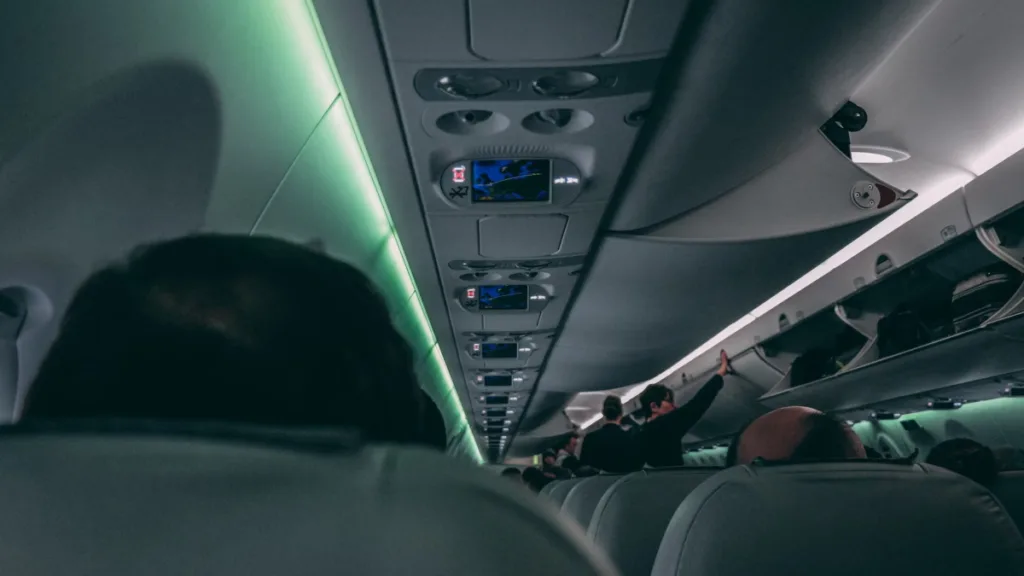Corporate travel is becoming a growing priority for businesses, as they are faced with adapting to the shifting dynamics of the world of work, according to research from Uber for Business.
A survey of more than 250 UK corporate travel managers highlights the resurgent demand for business travel, with 89% of travel managers identifying travel as a growing business priority in 2024. With this demand, however, businesses are having to give greater consideration to climate change and their ESG responsibilities.
Three-fifths of respondents reported rising climate concerns as leading to significant changes in their travel policies, while 39% consider ESG reporting to be of high priority when selecting vendors or partners. Positively, 78% of travel managers are satisfied with the ESG reporting capabilities of their current provider.
“As UK travel managers prepare for an increase in business travel, it’s important for the industry to focus on sustainability and efficiency,” said Jenna Brown, Head of Uber for Business UK. “Businesses tell us that they want to reduce their carbon footprint without compromising on the transport options. The launch of our sustainability dashboard can help, providing a simple tool for companies to monitor and report CO2 emissions from employee trips helping travel can meet reporting requirements while keeping costs low.”
Particularly following the pandemic, UK travel managers are faced with a number of additional challenges.
A third of respondents identify evolving travel restrictions as a top concern, with 31% are aware of the need to ensure exceptional safety standards. Meanwhile, 29% highlight the importance of adapting to traveller preferences, such as enabling them to combine personal trips with their business travel.
Financial considerations are also having a significant impact on strategies, 53% of respondents expecting inflation and rising travel costs to contribute to higher travel budgets this year. And 52% believe that work habits – such as hybrid working and return-to-office mandates – will further inflate budgets, alongside ESG requirements (51%).
To tackle these challenges, travel managers – for the most part – understand the need to adopt new technologies and solutions.
Almost all (97%) of travel managers will prioritise the adoption of new tech in the coming year. Despite this, less than half (44%) would describe their approach to tech adoption as being proactive and rapid. This is mostly down to 79% agreeing that they find the abundance of tech resources overwhelming.
The big tech development of the last year or so – artificial intelligence (AI) – is already influencing the work of 77% of travel managers, and 92% expect this impact to increase over the next five years.








